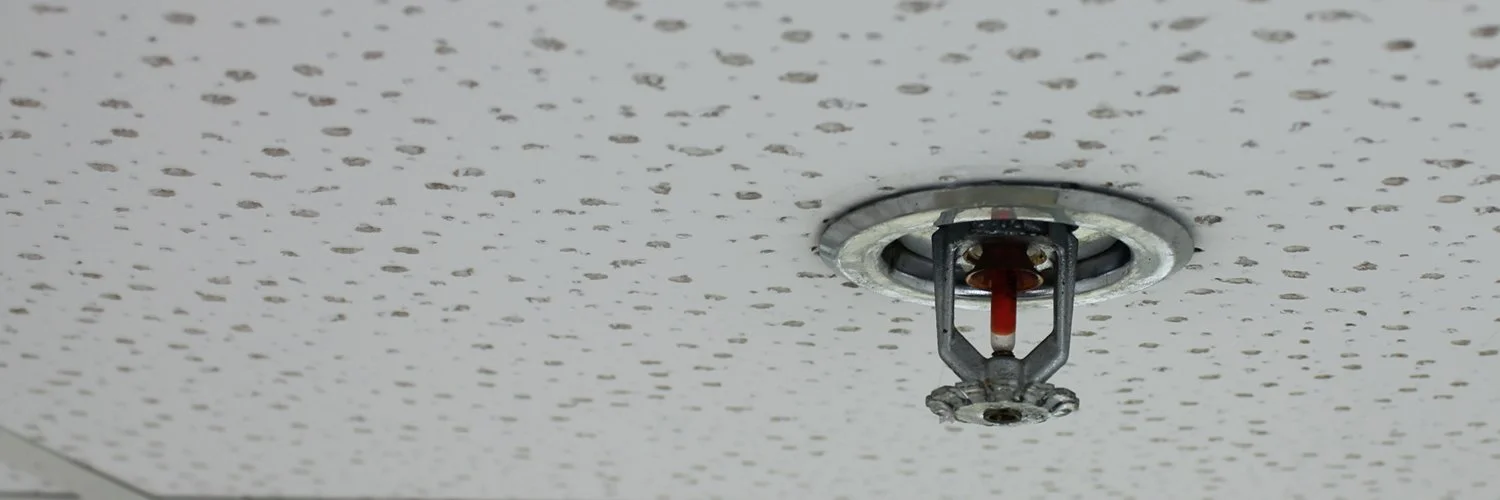(Roger that is a phrase used by the military and pilots to confirm communications, in this case, it’s between me and my fans.).
The 1990’s Russian Intourist Hotels that catered to foreigners were large boxes, with a bar, restaurant, and rooms with narrow lumpy beds, worn furniture, and pale lighting. That is the environment that I brought my friend Paul into on his first trip to Russia.
An accountant, Paul was a child of the Cold War, a student of American dogma and journalism about the Evil Russian Empire. I’d invited him to help me with a business start-up at a time when Russia was trying to shake off its past and reinvent itself. It was my third trip to Magadan, the former headquarters of the Soviet era gulags and prison camps. The Soviet Union was gone. While Paul readily accepted the trip, he was so nervous on the Aeroflot flight that he couldn’t eat. “I’m not about to sacrifice my freedom so that some damned KGB operative can meet his harass an American quota,” pretty much summed up his concerns.
Our first day of business meetings started to put him at ease. My interpreter, a French woman, helped make the meeting meaningful and rewarding. A great dinner at a Georgian restaurant with our clients offered a glimpse beyond the decrepit culture Paul was expecting. The client’s presentation on the potential of a mining claim they were developing opened his eyes to the country’s wealth. We were on our way toward helping our client launch a successful modern company and Paul’s paranoia was fading.
The second day’s meetings were even more productive, and I couldn’t have been happier with Paul’s financial advice to the client. That admiration faded the moment we returned to the hotel where the manager met us with two burley Russian policemen. Paul was about to be arrested.
“What in the hell is this all about?” I asked.
“That man went on a rampage and did great damage to his room,” replied the manager.
“Before you arrest my friend, would you show me what he’s done?” Two minutes later we walked into what appeared to be a fully functional, by Soviet standards, room.
“Look," said the middle-aged blond manager, pointing at a tiny fixture in the ceiling. “And look there,” she added as we walked into the bathroom. Both fixtures were smashed.
“Would you give me a minute with my friend?” With the manager and policemen waiting outside the room, I asked, “What in the hell did you do?”
“I wasn’t about to let the KGB listen in on my phone calls,” he replied. “Once I found those listening devices, I made up my mind that they had no right to spy on me.”
“Paul,” I said, “those aren’t listening devices, they are sensors for the fire sprinkler system. They are probably really hard to find since they were installed thirty years ago.”
We settled the matter Russian style, by Paul apologizing and counting out six hundred US dollars and handing it to the manager. She promptly shared a hundred with each of the policemen before all three headed down the elevator.
I walked Paul into my room and closed the door. “Paul, no one is listening in on you. The Soviet era is gone. You need to relax and recognize that what might be a small problem in the states can turn into a big problem here.”
The next day, as we were checking out, a tall muscular man approached me. In flawless English, with a British accent, he offered, “You gave your friend some really good advice for a foreigner traveling in my country.” The man smiled and then headed for the elevator.
I was on the plane when it dawned on me, the only way he would know about that conversation was if there were listening devices in my room. “Anything wrong?” asked Paul.
“Nothing, I replied.”


